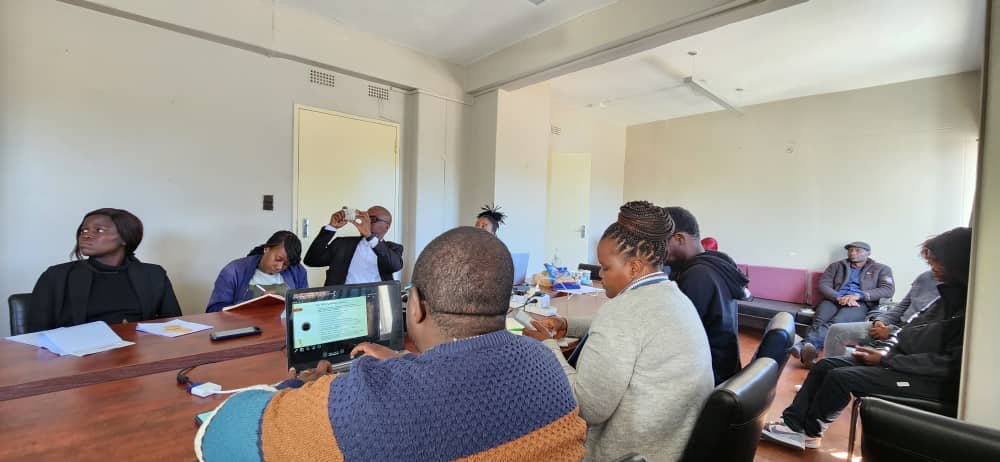|
Getting your Trinity Audio player ready...
|
Writes Lloyd Rabaya
Phoenix (not real name), a young adult recovering from drug use, bravely shared his story with journalists at a Science Cafe on Drug and Substance Abuse by the Health Communication Forum (HCF) in Harare yesterday. His face was filled with determination and hope for a better future since he had risen from the dark side.
He started using drugs in 2011 until he developed substance use disorder.
“In 2013, I was sent to South Africa and that is where I started using Broncleer and Skunk. We would indulge in transactional sex when the girls could not afford drugs,” he said, in a nostalgic voice.
Transactional sex is when the man buys the girl drugs in exchange for sexual intercourse. This, according to Knowledge Mupembe, program officer at Zimbabwe Civil Liberties and Drug Network (ZCLDN), increases the likelihood of unsafe sex leading to sexually transmitted infections (STIs).
“Drug use can impair judgment and increase the likelihood of engaging in risky sexual behaviours, such as unprotected sex. There are risky and unsafe sexual practices, drug overdose, sharing of needles, and syringes including Bluetoothing.,” said Mupembe.
Bluetoothing, also known as flash blood in East Africa, is a dangerous practice where a person using drugs injects themselves with a drug, draws their blood up the syringe, and then injects it into a friend. Other countries, according to Mupembe, set up injection facilities and provide syringes and needles as a harm reduction measure. For Zimbabwe, however, it is a different story.
“The government focuses on incarceration, not the number of people that have been rehabilitated. We should develop and implement comprehensive drug control strategies that focus on prevention, treatment, and harm reduction,” he said.
Mupembe also added that it might be difficult to achieve the goal of an HIV-free generation by 2030 since there is an increased risk of HIV transmission among people who use and inject drugs. Involving them in the fight makes the yoke lighter as about 10% of global new HIV infections are caused by drug injections.
Phoenix dovetailed with Mupembe and added that in Zimbabwe, it might be difficult to get rid of the problems as the powerful escape while the weak are punished.
He added that the end user is the victim of the wrath of the law, but the suppliers are left free.
“We, the end users are arrested but the major dealer is not arrested because of their connections,” he lamented.
Despite miraculously being spared from HIV infection, Phoenix said drugs took a toll on his physical health and marital life as his wife got fed up with his substance use disorder traits, and left with the one child.
Phoenix, passionate about film and theatre, said despite being on a self-transformation journey, help is needed so that he finds something to do to fully turn his back on drugs. He also formed a soccer club which he plays with his other friends who are still into drugs and tries to urge them to follow his transformation path.
Despite many arrests of alleged drug users and/or dealers by the authorities, the pandemic is still wreaking havoc nationwide, especially in urban areas. It is also widely reported that the drug peddlers are political bigwigs who smuggle the drugs through porous borders, hence making it difficult to curb the scourge.






